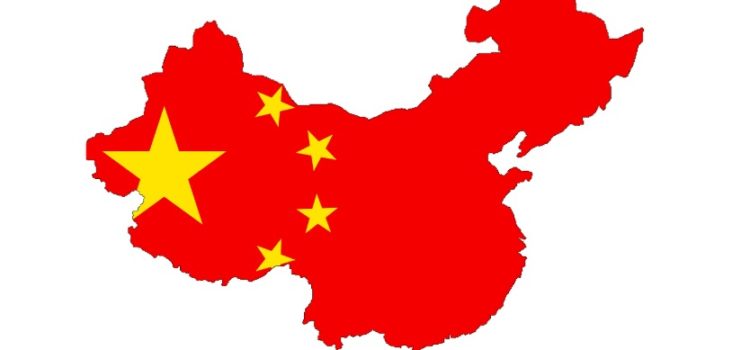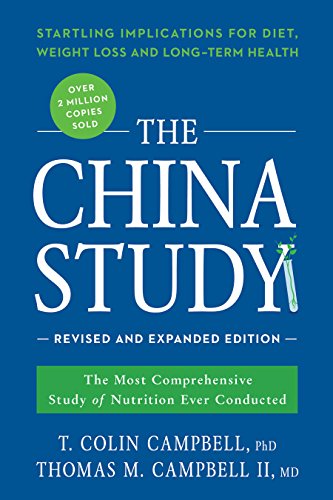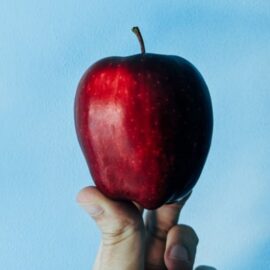

This article is an excerpt from the Shortform summary of "The China Study" by Colin Campbell. Shortform has the world's best summaries of books you should be reading.
Like this article? Sign up for a free trial here .
What is The China Study? Why is it controversial, and how do the authors respond to The China Study criticism?
The China Study refers to both a study and a book based, in part, on that study. In the book The China Study, T. Colin Campbell, Ph.D., and his son Thomas M. Campbell II, MD offer evidence that suggests that we should be avoiding animal-based foods. This is a controversial position and many people have critiqued both the study and the book. Are these critiques merited? What do the authors have to say in response?
Learn how the authors responded to the first wave of The China Study criticism.
What is the China Study?
Before we look at the China Study criticism, let’s look at the sources of the controversy: the study and the book.
The book cites hundreds of studies which indicate that eggs, cheese, milk, and meat increase your risk of everything from obesity and diabetes to cancer and autoimmune diseases. The authors’ goals are to 1) provide you with the evidence that a whole foods, plant-based (WFPB) diet can prevent and even reverse disease, and 2) explain why these findings aren’t better known.
The study itself was conducted by author T. Colin Campbell, in partnership with the Chinese Academy of Preventive Medicine and Oxford University. It looked the diets, lifestyles, and diseases of inhabitants of rural China. What researchers discovered shocked them: Eating plant foods may be one of the leading determiners of health in rural China, and eating animal protein may be one of the leading causes of disease in the Western world.
China Study Recommendations
- Reduce, or eliminate, your consumption of animal foods—both animal protein and dietary cholesterol (only found in animal foods) are strongly associated with increased blood cholesterol, which heightens your risk of heart disease and cancer.
- Eat a variety of fruits and vegetables to increase your antioxidant intake and protect yourself against free radicals. This also ensures you’re getting all the essential amino acids for healthy growth and increased strength.
The China Study Criticism
Campbell addresses some of the critiques of the study and book since the first edition of The China Study was published.
The China Study Criticism #1
Investigating more than one factor at a time is a “shotgun approach.”
Many scientists believe that the best and most reliable experiments are the ones that isolate a single factor for investigation. For example, a researcher may choose the single factor of selenium and analyze its effect on breast cancer risk.
But Campbell believes health is a holistic phenomenon (he terms it “wholistic,” adding the “w” to emphasize the term’s link to whole foods and an approach to health that addresses the whole person). All the chemicals in a particular food work together to promote or weaken health.
Therefore, no single nutritional factor causes a disease. The health of the human body depends on complex and various mechanisms with numerous known and unknown inputs and outputs. Isolating one factor isn’t necessarily helpful, nor are the results of these kinds of experiments conclusive. Further, diet works in tandem with other lifestyle factors such as physical activity, making it even more difficult to isolate one dietary factor as a cause of disease.
The goal of the China Study was to examine dietary patterns. It doesn’t provide proof, but it provides enough information on which to base everyday dietary decisions.
The China Study Criticism #2
Campbell equates correlation and causation. In other words, critics have accused Campbell of claiming that because there’s an association between animal foods and disease, these diseases are caused by animal foods.
Campbell again acknowledges that his studies don’t constitute proof, and he’s never claimed they did. He also says again that many factors interact to cause health or illness, and you can’t claim that any one thing, including eating animals, causes disease.
However, he believes a lack of proof doesn’t mean we should ignore the associations found in the China Study.
The China Study Criticism #3
The book relies solely on data from the China Study and therefore doesn’t acknowledge the wide range of findings and opinions.
Campbell calls this critique nonsense. While this single chapter focuses primarily on the China Study, the book draws on the findings of hundreds of other studies and researchers. These studies can be found in the extensive References section. Together, they form a compelling picture of how our eating patterns in the West impact our risk of disease.
The China Study will no doubt remain a controversial book. But the public’s increasing interest in plant-based diets may prompt more studies on the benefits of eating plants, and the research may become more available than it is currently. Although we have yet to see if the China Study criticism is warranted, there’s clear evidence that a plant-based diet can be beneficial to your health.
———End of Preview———

Like what you just read? Read the rest of the world's best summary of "The China Study" at Shortform . Learn the book's critical concepts in 20 minutes or less .
Here's what you'll find in our full The China Study summary :
- Why animal proteins (meat, milk) might cause cancer, diabetes, and other diseases
- Why the medical institution is structured to hide the truth about disease and food
- The precise diet you'll need to eat to live longer and feel happier






